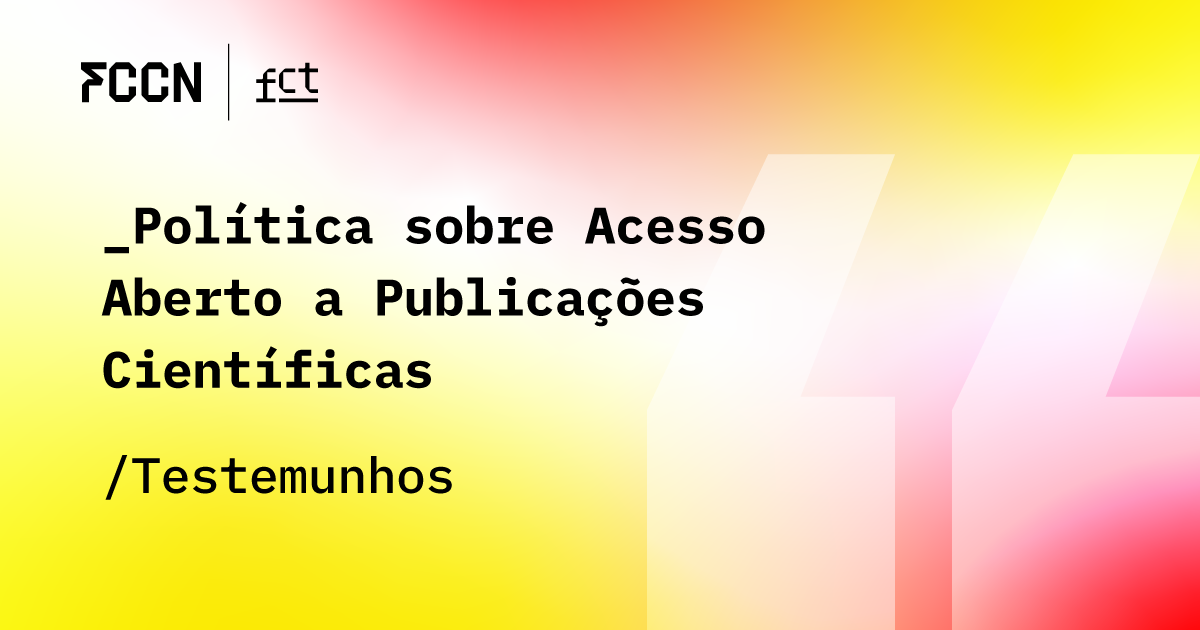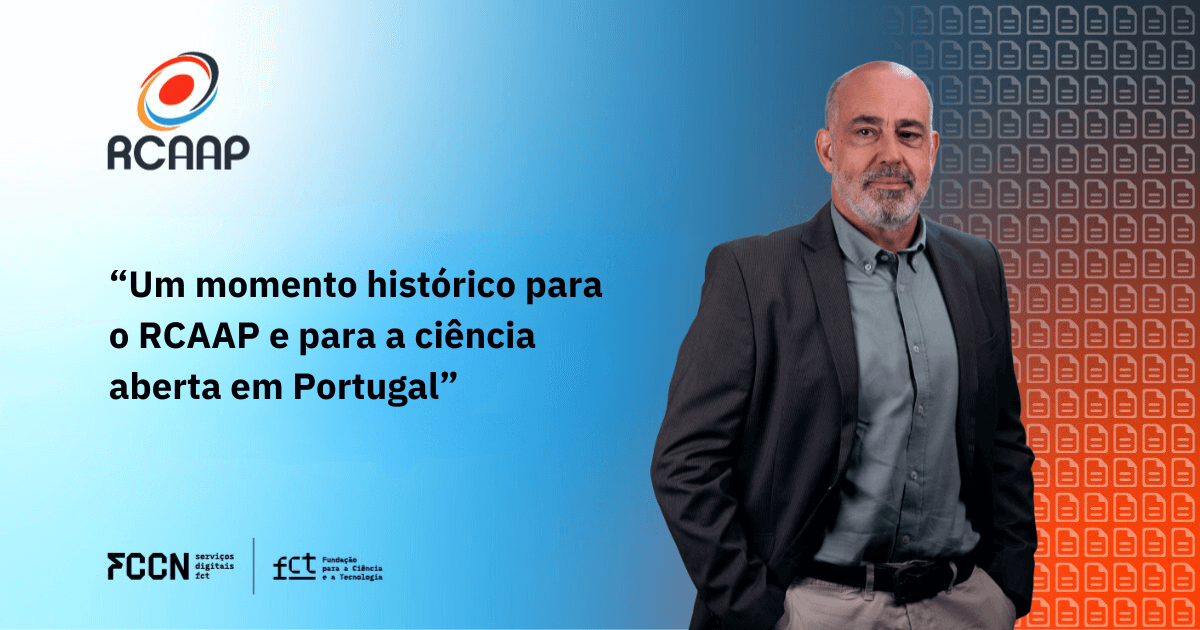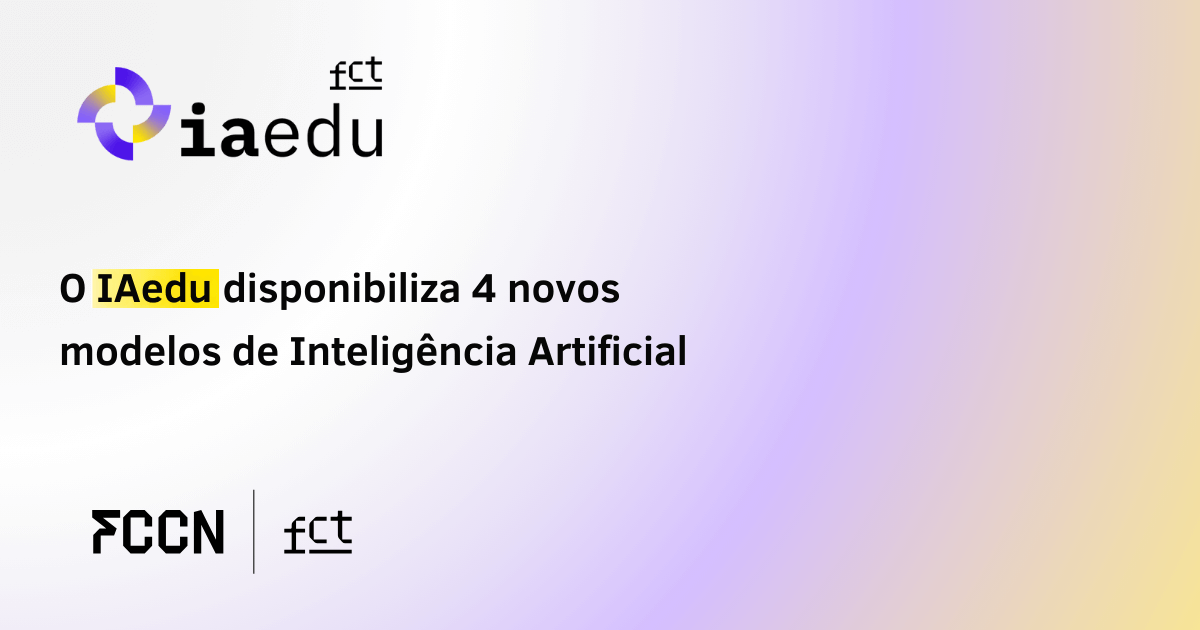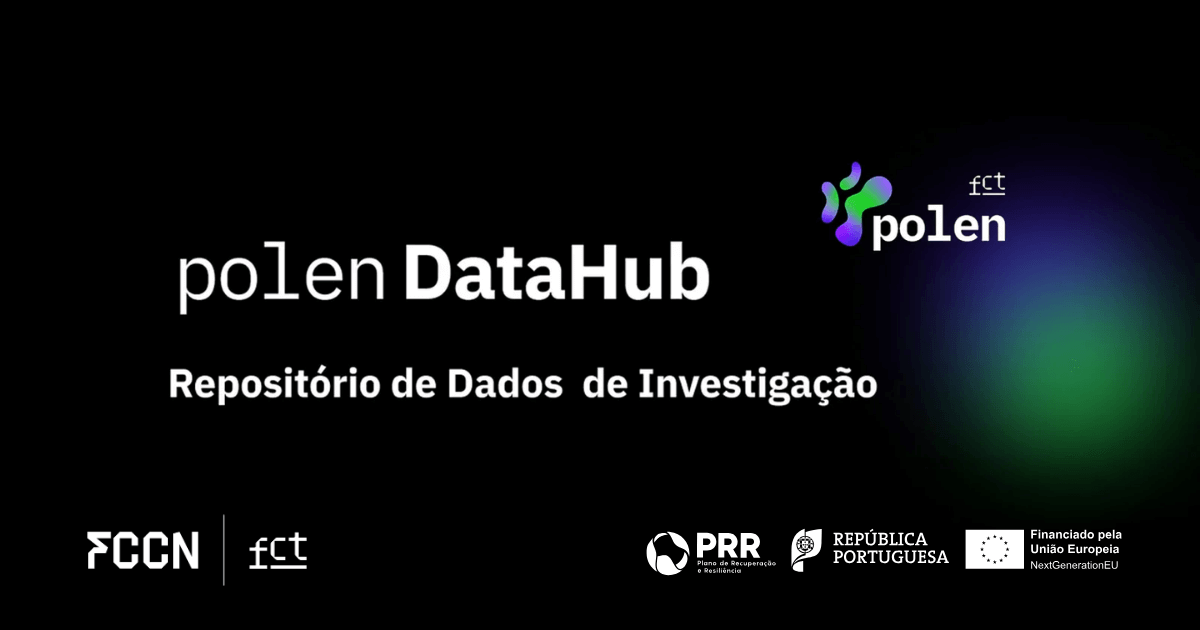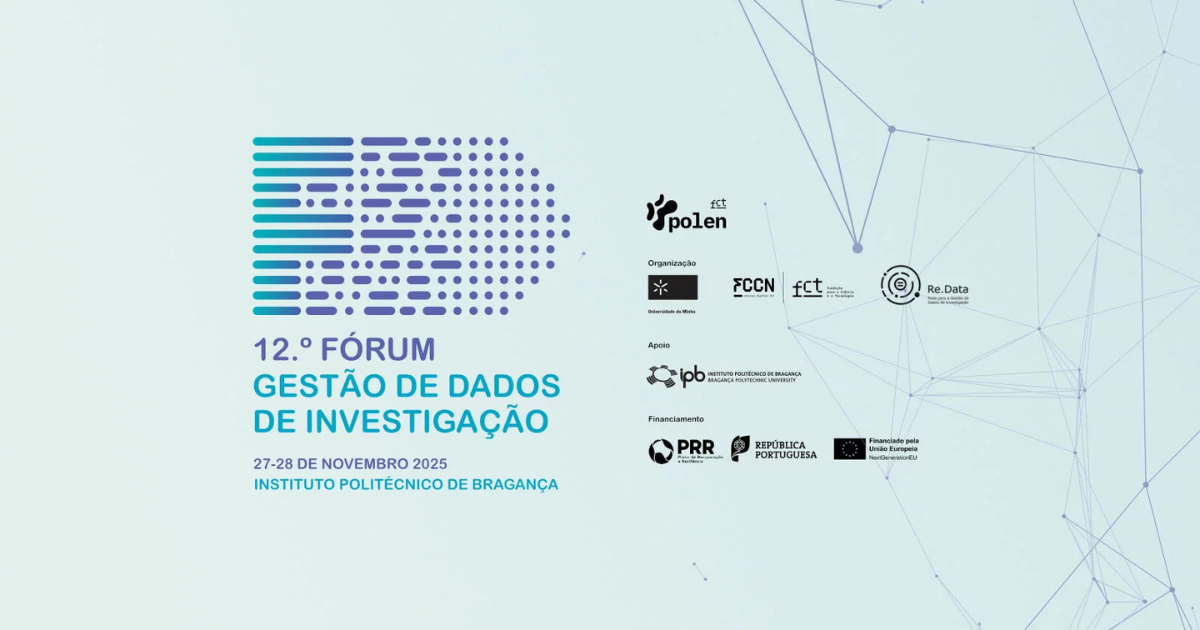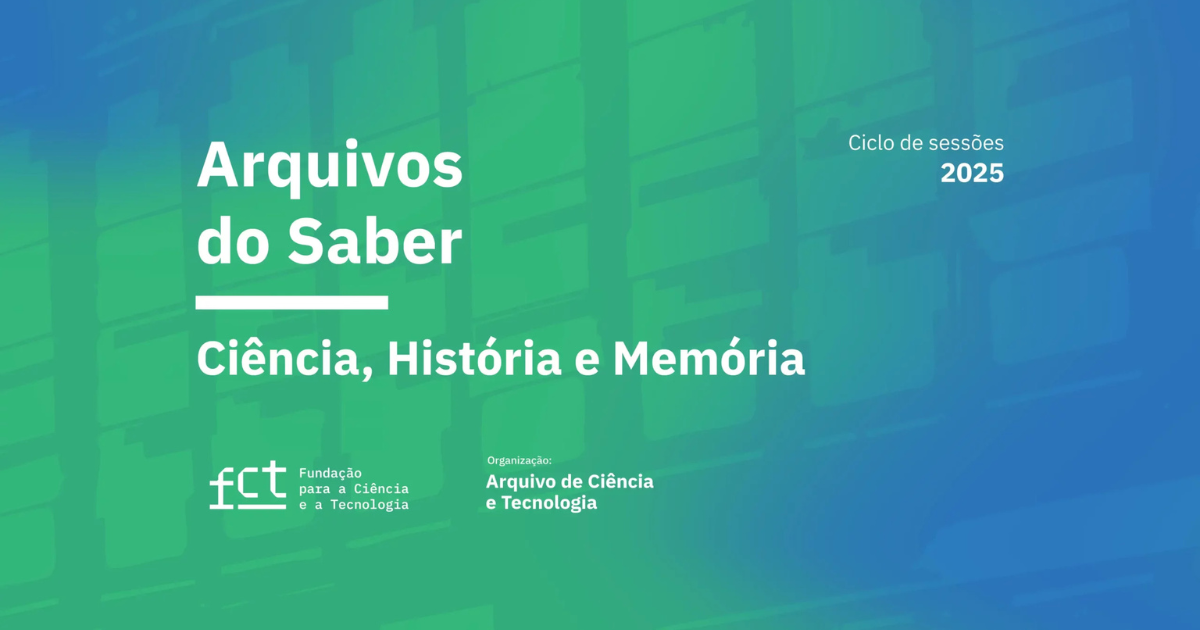THE Foundation for Science and Technology (FCT), through the FCCN unit, manages a set of services and projects that aim to promote Open Science practices in Portugal. Discover some of the main examples here.
Open Science is the movement that promotes more open and collaborative research practices, in which publications, data, software, and other types of scientific production, are shared as soon as possible and made available for reuse. This contributes to increasing knowledge of the scientific process and research efficiency, enhancing scientific cooperation, and promoting a greater social and economic impact of science.
To ensure that all the research it funds is openly accessible to everyone, the FCT provides the following services, provided by the FCCN unit, which promote the practice of Open Science:
1. B-on and RCAAP
Through these two services, national scientists can increase the visibility of their work and access relevant data from other research. Interconnection with other components of the scientific ecosystem, particularly CIÊNCIAVITAE, also has a facilitating impact.
2. Index
INDEXAR is a platform that manages information on national digital repositories and journals in the fields of science, technology, and culture. This service makes it easier to access published scientific information, consulting statistical data on each resource or the entire directory.
3. NAU Platform
Sharing scientific knowledge can be done in a variety of ways. NAU is a platform for e-learning which allows scientific research units to create open, massive, online courses that materialize data and conclusions in literacy or information projects, among others.
4. Polen
The project POLLEN aims to meet the needs of the scientific and educational community in the area of Research Data Management (RDM). It aims to promote the principles and practices of Open Science, ensuring the sharing and preservation of research data generated within publicly funded projects.
5. PTCRIS
PTCRIS is a program that aims to promote the integration of science management systems across the various entities operating in the academic-scientific ecosystem, with a view to complying with the "Register once, reuse many" principle. Through principles such as openness, streamlining, and simplification, it is possible to bring citizens closer to national scientific activity, demonstrating the service's impact on promoting Open Science.
6. SciELO
SciELO enables journals to be published in open access and progressively aligned with Open Science communication practices. This is achieved through the improvement and expansion of the means, infrastructure, and capabilities for communicating or evaluating the results they convey.
More information about these FCCN services that aim to promote Open Science can be found at: https://wecq.fccn.pt/ciencia-aberta/

